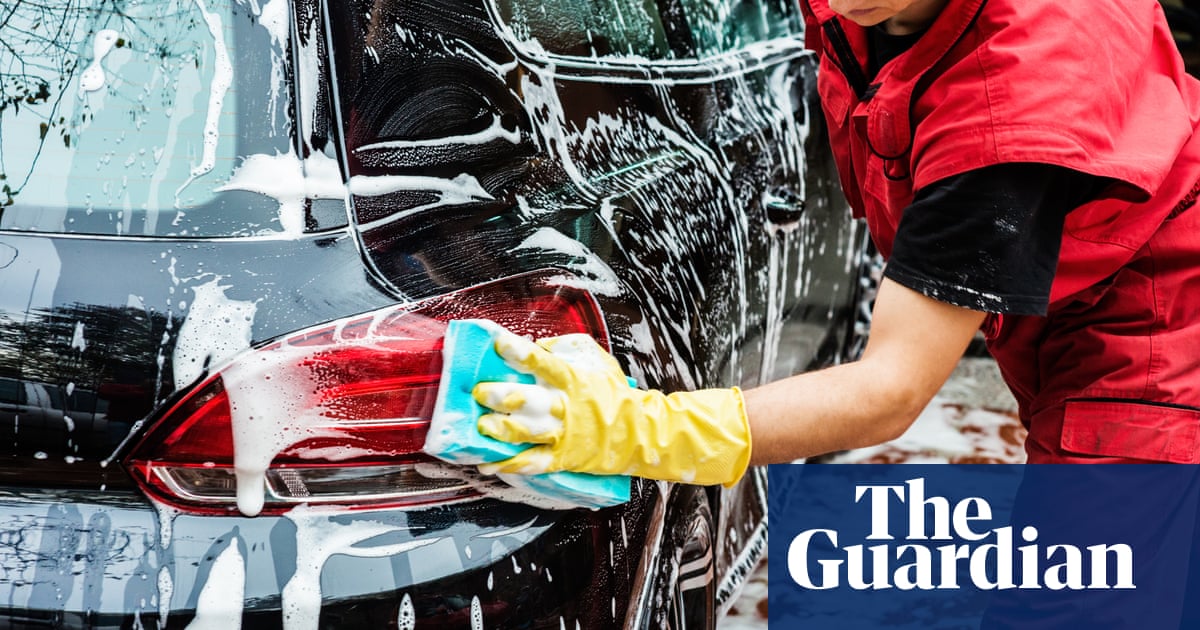
Once Britain could claim to be a world leader in its response to modern slavery. How times change.
This week a report has highlighted how Brexit and immigration policy could result in more forced labour exploitation. It’s what we in the anti-slavery movement have been saying to ministers for some time. If only they would listen.
The government’s stated commitment to tackling modern slavery is to be commended. In 2015 it introduced the Modern Slavery Act, which set out a range of measures for dealing with slavery and human trafficking. One notable feature was a requirement that companies with a turnover of £36m or more, and who carry out business in the UK, must annually disclose all they are doing to tackle modern slavery.
The act was a groundbreaking piece of legislation. It showed the rest of the world that we were serious about stamping out forced labour, human trafficking, domestic servitude and other forms of exploitation that cause untold misery and suffering.
Since then, apart from a slight dip during the Covid-19 lockdowns, reported numbers of those in modern slavery seeking help have increased nearly tenfold since 2012. There is, it is worth saying, a silver lining to these figures.
As a society, we’re seeing increasing reports of exploitation, as awareness grows among the public, and professionals in the police, NHS, local authorities and other frontline services. There have even been major storylines on modern slavery in the hit TV series Line of Duty and Shetland, and on Radio 4’s The Archers.
We’re lifting the lid on forced labour, the most prevalent form of slavery, as a growing number of companies take the issue seriously and look more closely at their supply chains and how they conduct their business. And we now have better reporting mechanisms, such as the UK modern slavery and exploitation helpline, which help bring the issue out into the open.
But the government increasingly seems out of step with any progress we are making. Its increasingly “hostile environment” immigration policy, central to this week’s Greta report, is at odds with its ambition to root out modern slavery. It focuses on a person’s right to be in the UK rather than spotting the signs of exploitation, and erroneously re-conflates two separate issues: immigration and modern slavery.
Since Brexit, for example, all non-UK victims of exploitation identified in this country no longer have the right to remain when they leave the national referral mechanism, the government’s support system for victims of modern slavery and human trafficking. If they’re sent back to where they were exploited in the first place, they are susceptible to being re-exploited. There is also the risk that faced with returning to their home country, survivors will simply go underground and disappear. With no documents and no way of getting a legitimate job, it’s a green light for criminals to take advantage of them once again.
Similarly, the new nationality and borders bill, currently making its way through parliament, will discourage victims of exploitation from coming forward through fear of deportation. Anti-slavery organisations are part of a growing number of human rights organisations opposing the bill in its current form and pushing for significant amendments.
The modern slavery picture is complex. At the risk of stating the obvious, there are no easy solutions. But to properly address the problem, the government needs to begin by rowing back on its nationality and borders bill. It also needs to send a signal to the business community that it is going to get tough with companies that flout their obligations under the Modern Slavery Act. Six years on from the legislation, there are still more than 5,500 qualifying UK companies that are not disclosing what they are doing to tackle modern slavery. Not one of them has ever been sanctioned.
Ministers also need to better understand the full cost of what they are dealing with. The government estimates that at any one time between 10,000 and 13,000 people are in situations of slavery in the UK. Experts, however, put the real figure in excess of 100,000.
A greater understanding of the scale of the problem should create a greater sense of urgency and focus. And if the human suffering fails to focus politicians’ minds, consider the economic impact. The government’s estimates put the annual cost of modern slavery to the UK economy at £3.3bn to £4.3bn. This is based on its assessment of 10,000 to 13,000 people in slavery. If the actual number is more than 100,000 – tenfold more – then is the genuine annual cost closer to £40bn?
That’s eyewatering by anyone’s standards. It’s time for a renewed focus and proportionate responses to modern slavery. After all, according to the UN’s sustainable development goals, we are meant to have eradicated it by 2030. These latest figures throw doubt on whether we’ll even come close to achieving that.
Andrew Wallis is CEO of the anti-slavery charity Unseen. In 2015 he was awarded an OBE for his work that led to the landmark UK Modern Slavery Act











